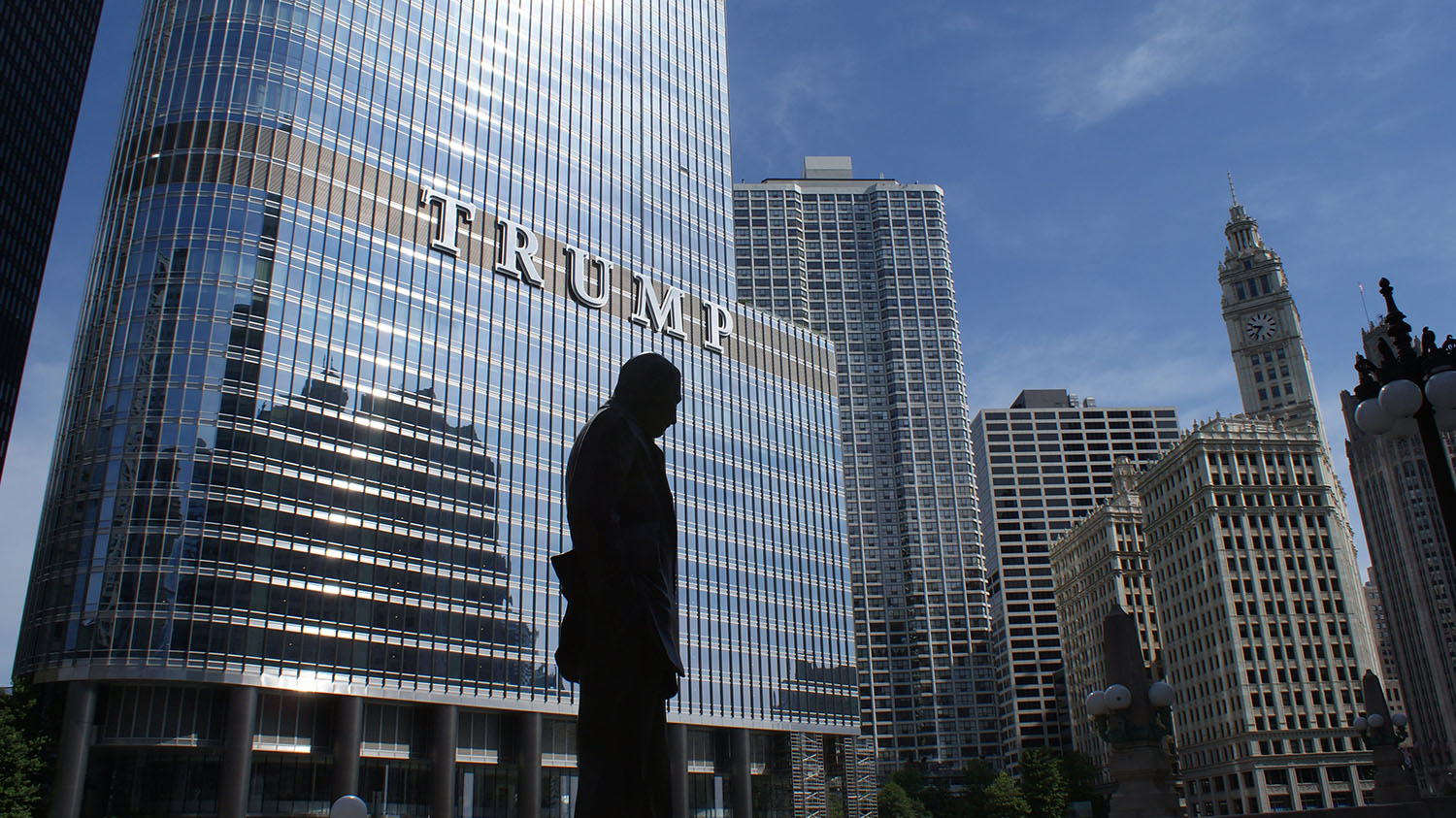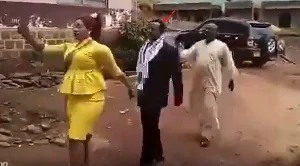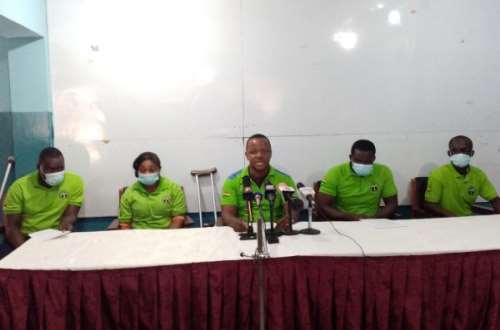[vc_row][vc_column][vc_column_text]
One might have thought they should have been in newsrooms, disseminating news. Instead, these journalists, for now, are in the streets, hawking natural honey which they have tagged “Virgin-honey.” Virgin because the honey hasn’t been tampered with, as is common with most honey vendors.
Despite being apt with journalism skills and Bachelor´s degrees, they believe that there´s no formula to survive in life. They would have also loved to have white-collar jobs, but the hardship in the country and lack of employment opportunities has pushed them to sell honey instead.
The idea to hawk honey from the start might not have been a good one, but they are beginning to like it, as the business is seemingly booming.
The media men are in Buea, headquarters of Cameroon’s South West region. They are known by their honey consumers as “Che-honey” and “Prince-honey.”
This hardworking team imports its honey from Mayo-Banyo, a Division in the Adamawa region of Cameroon.
Many of their customers have testified that the virgin honey, sold by these pressmen is comparable to none in the town.
Getting the news of their fine quality honey, I decided to go see for myself. I met them one Thursday evening at their hostel at Untarred Malingo, a locality bordering the University of Buea.
They showed me honey already packaged in containers, with prices ranging from FCFA 1000 and above, and they said they do not only retail, but as well do wholesale trade.
The duo brother chandlers revealed they hope to expand the business they have named “Wanfor-honey” beyond the regional and national borders of Cameroon for two reasons – the joy of providing qualitative natural honey to mankind and the desire to survive genuinely in precarious times.
They were prepared and ready to go to the quarters to sell, so, I decided to join them. I wanted to experience how they do market their honey; but, of course, I wouldn’t leave their residence without getting a taste of their product.
”Che-honey” offered me a container which I sipped from.
“Wow, very sweet honey,” I appreciated after tasting.
Immediately we stepped out of the hostel, they started marketing.
Wherever we passed in the quarters, they tried to convince any potential buyer they saw. Their marketing skills were awesome; I have never seen such a strategy before.
“Virgin honey for sale; quality honey for sale; you fit drinkam with tea; givam for pikin dem, ei bi good for your skin,” “Che-honey” and “Prince-honey” shouted in pidgin, with heavy voices, when the met potential buyers.
After about 15 minutes of walking, we met a woman. She was focused on where she was heading to, but the honey sellers´ marketing messages made her to stop.
“Hello madam, quality honey, virgin honey for sale. Do you need one? Di honey be natural, ei cam na from the Adamawa region. Tastam, you go confirm,” the journalist cum vendors told the woman.
The messages convinced her to buy without even tasting. I was marvelled.
“Madam, you fit save my number for your phone and call me when you want some, because good thing no di hide,” “Prince-honey” told her.
Stirring at him with admiration, she removed her phone from her purse and punched +237 674667038, which Prince dictated.
“You fit save the number as Prince-honey” he said, just as an astute trader would do, to keep his customers.
We walked past the University of Buea to another locality called Dirty South. There, they sold many bottles of honey.
To get a personal experience of how they sold, I took a five-litre container filled with honey, alongside some small containers to hawk.
“Virgin honey is here for sale. It’s very affordable,” I shouted whenever I saw people. It was so interesting to sell, as we walked visiting shops and people’s homes.
Those who bought, majority of who were women, were very satisfied with the honey’s quality.
In less than two hours, we had sold almost all bottles taken from home.
Now, if you’ve been keen enough to notice, there’s one thing I did not mention ꟷ– their real names.
The duo go by the name of Wanka’a Regis Che and Kesah Princely Nfotoh.
They both graduated with Bachelor’s degrees in Journalism and Mass Communication, and are now Master’s students in the Department of International Relations and Conflict Resolution. Kesah Princely, a journalist cum student with visual impairment, told me that life was hard and they had to sell honey to survive in Buea. They do this after school, selling honey in market places, streets and homes.
Both of them are very proud of what they’re doing. They are doing this business hoping that time will come, when they will have to return to the newsroom, to do that one craft which they master best ꟷ journalism.
[/vc_column_text][/vc_column][/vc_row]
























